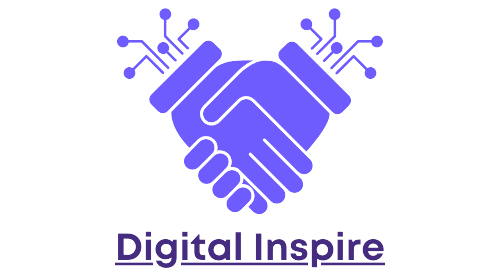Within the current rapid business world, effective dialogue is imperative than at any time. While companies strive to maintain a competitive edge, they are increasingly looking to creative methods to boost consumer interactions. A notable solution gaining traction is the corporate messaging service. This instrument allows organizations to communicate with customers and teams in actual time, delivering texts swiftly and seamlessly through their favored messaging channel.
Grasping the ROI of business messaging services is essential for companies assessing this technology. By reviewing how these solutions can boost customer engagement, simplify operations, and eventually increase sales, businesses can make informed decisions about their communication strategies. The advantages of adopting a corporate texting service go over just ease; they can greatly influence overall corporate performance and customer satisfaction.
Advantages of Corporate Texting Solutions
Business texting services offer a quick and effective way for companies to connect with their customers. text enable landline phone Unlike traditional email or phone calls, text messages have a higher open rate, making sure that important information reaches clients promptly. This promptness can enhance customer satisfaction, as companies can provide quick updates, respond to inquiries, and send reminders, all through a medium that clients frequently check.
Additionally, implementing a business texting solution can streamline internal communication among staff. With instant messaging features, staff members can quickly share information, work together on projects, and resolve issues in the moment. This enhanced communication fosters a more efficient work environment, minimizing delays caused by slower communication methods and enabling teams to respond to challenges swiftly.
Additionally, corporate texting solutions often include features such as automation and integration with existing customer relationship management systems. This allows businesses to send personalized messages at larger volumes, increasing customer engagement and retention. By utilizing these features, organizations can efficiently manage their messaging while still offering a personalized experience, ultimately driving better results and a greater return on investment.
Assessing Return on Investment: Essential Metrics
To determine the return on investment for a business texting service, it is important to identify and measure critical indicators that immediately affect business performance. One of the primary metrics is response time. Swifter response times can contribute to increased customer satisfaction and boosted engagement, allowing companies to forge closer relationships with their clients. Tracking how swiftly messages are received and answered can help businesses evaluate the effectiveness of their texting strategy.
A different important metric is cost savings. By shifting from traditional communication methods like phone calls or emails to a corporate texting service, companies can reduce operational costs. This includes savings on phone bills, cut down time spent on long calls, and boosted productivity among staff. Examining how much money is saved per interaction through the use of texting can provide distinct insight into the financial benefits of this service.
Finally, conversion rates play a key role in assessing the ROI of business texting services. This metric enables companies to evaluate how many customer interactions initiated through text lead to completed sales or beneficial outcomes. By monitoring conversion rates before and after adopting a texting service, businesses can measure the impact on sales and overall performance. This data enables organizations to make informed decisions about investing further in business texting solutions.
Real-Life Examples and Achievement Stories
One significant success story comes from a retail company that implemented a business texting service to improve client engagement. By utilizing personalized text messages for advertisements and reminders, the company saw a thirty percent increase in customer visits to their stores. Customers appreciated the timely updates and exclusive offers sent directly to their phones, leading to increased sales and enhanced customer satisfaction. This case showcased how effective communication can drive sales and foster customer loyalty.
In the medical sector, a medical practice adopted a commercial texting service to streamline appointment reminders and patient communication. This shift not only reduced the number of missed appointments by 4-0 percent but also allowed staff to focus on providing care rather than managing phone calls. Clients found the texting service user-friendly and easy to use, which improved their overall experience. This demonstrates how a commercial texting service can improve operational efficiency and patient satisfaction in a clinical setting.
A small restaurant chain leveraged a business texting service for order updates and customer feedback. By sending updates on order status and inviting customers to share their dining experiences via text, the restaurant fostered a community around its brand. As a result, the chain reported a twenty-five percent increase in repeat customers and an uptick in positive online reviews. This case illustrates the potential of business texting services to not only boost engagement but also to drive brand loyalty and positive reputation in competitive markets.
